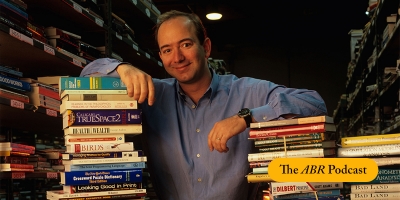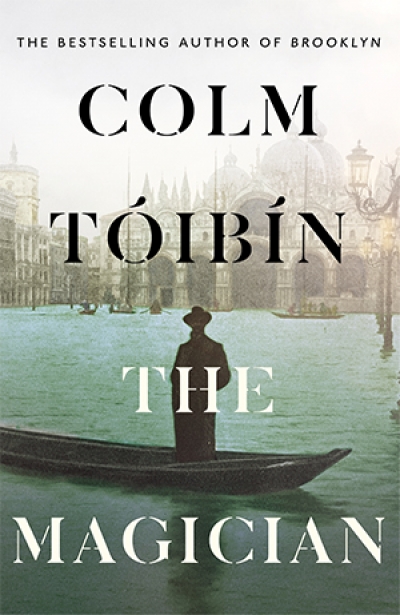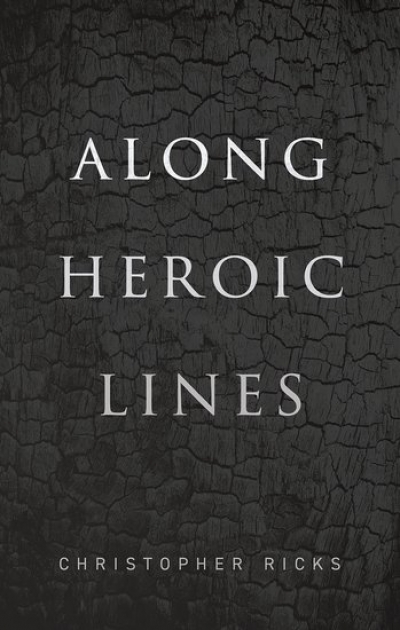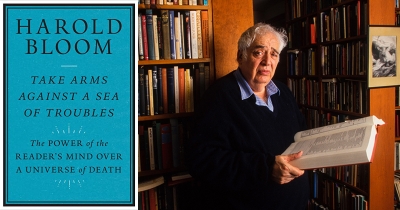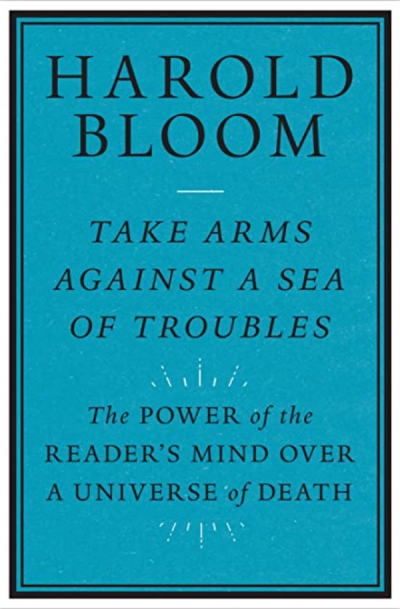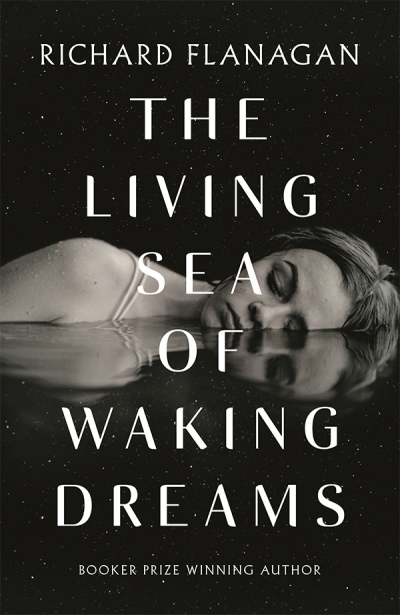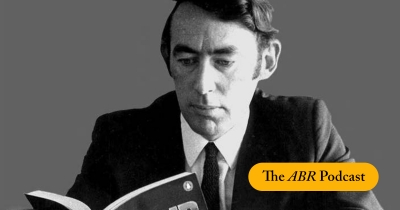James Ley
What’s your point?
Dear Editor,
John Carmody, in the June issue, writes a letter loaded with tendentious and pejorative language to accuse me of thundering and provocation in my review of Richard J. Lane’s Fifty Key Literary Theorists (March 2007). Carmody portrays me as self-satisfied in the same breath as he refers to his own wryness. He advises me to use words more ‘clearly and carefully’, and then composes a sentence in which ‘eliding’ creates a ‘mélange’. He charges me with portentousness in a letter that consists almost entirely of windy rhetorical questions. I have only one question: what is his point?
... (read more)When Jeff Bezos launched Amazon in 1994, few imagined that eighteen years later the company’s skyrocketing profits would actually launch him into space. What started out as a virtual bookstore run out of Bezos’ garage would turn into an e-commerce giant, forever changing the culture and economics of bookselling. In this episode of The ABR Podcast, James Ley reads his essay-review of Mark McGurl’s new study, Everything and Less: The novel in the age of Amazon. Where McGurl sees Amazon as refreshingly iconoclastic, Ley is more sceptical ...
... (read more)Everything and Less: The novel in the age of Amazon by Mark McGurl
Harold Bloom was one of the last of the so-called ‘Yale critics’, who shaped the terrain of literary criticism in the latter half of the twentieth century. Bloom died in October 2019, and his final book, Take Arms Against a Sea of Troubles, arrives two years after his death and caps a long and controversial career. In this issue, James Ley surveys this swansong by a critic who ‘came to style himself less as a theorist and more as a theologian of literature: the high priest and only admitted member of his own private religion’.
... (read more)Take Arms Against a Sea of Troubles: The power of the reader’s mind over a universe of death by Harold Bloom
A curse on art, a curse on society: Government contempt for the ABC, the arts, and the academy
It is curious the way certain books can insinuate themselves into your consciousness. I am not necessarily talking about favourite books, or formative ones that evoke a particular time and place, but those stray books that seem to have been acquired almost inadvertently (all bibliophiles possess such volumes, I’m sure), and taken up without any particular expectations, books that have something intriguing about them that keeps drawing you back.
... (read more)In today's episode, we present James Ley’s hilarious and deeply serious review of The Trials of Portnoy by Patrick Mullins. James channels the memorable prose of Philip Roth himself. Mullins’s book chronicles the legal spat that surrounded Penguin's attempt to publish Portnoy's Complaint, Roth's controversial novel that was considered lewd and offensive by Australia's censuring authorities.
... (read more)
